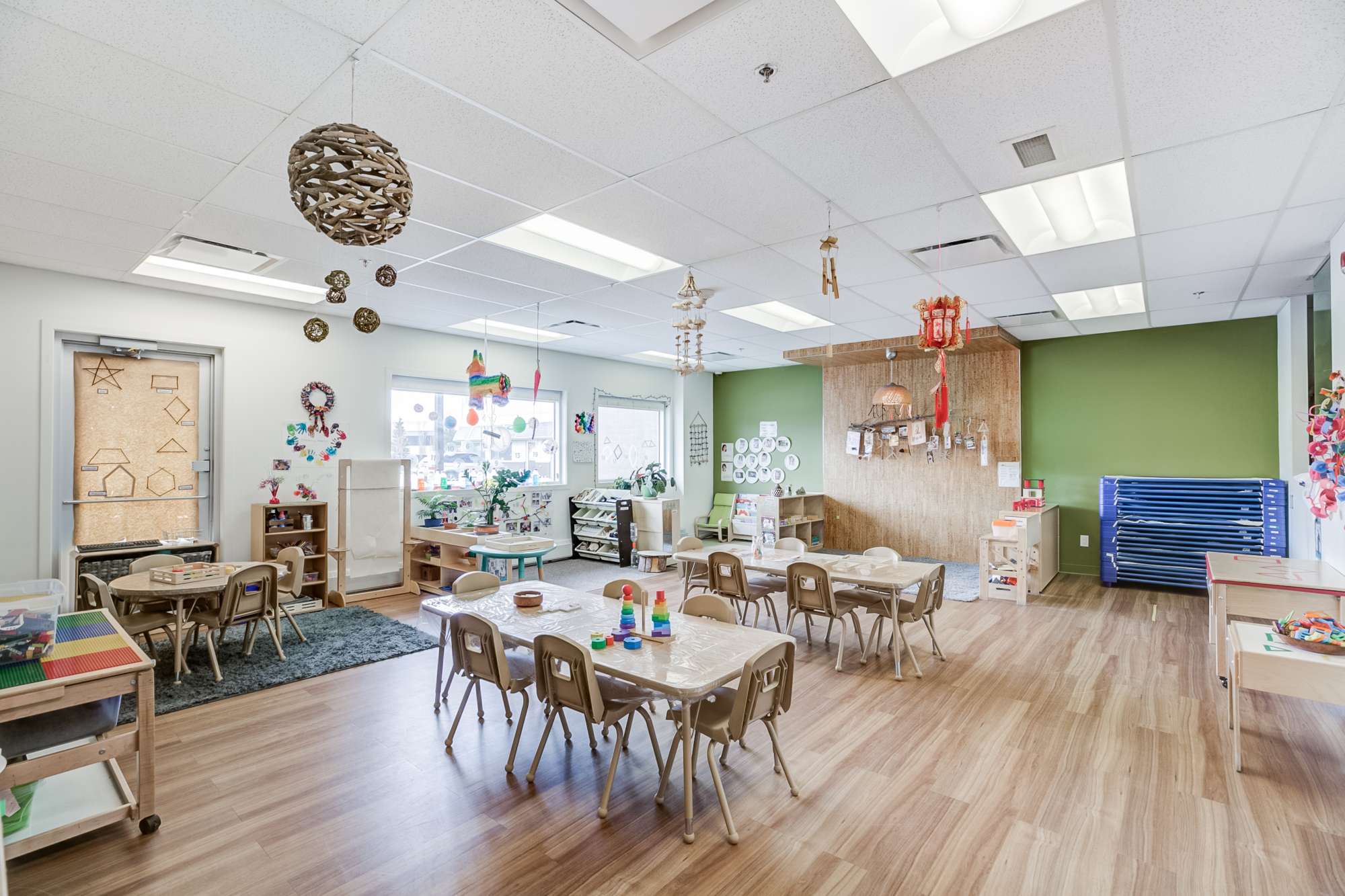Leading Attributes to Seek in Toddler Daycare Near Me: Ensuring Quality and Fun
Understanding the Value of Childcare for Your Toddler's Social Development and Understanding Knowledge Through Involving Activities
The significance of day care in shaping a kid's social advancement and knowing can not be overemphasized, as it provides a structured atmosphere filled up with interesting activities that are pivotal for very early development. As we explore the complex benefits of daycare, one have to think about how these fundamental experiences influence a youngster's future social interactions and overall advancement.

Advantages of Social Interaction
Social interaction plays an important function in the developmental trajectory of kids, functioning as a foundation for important social abilities. Engaging with peers allows kids to exercise interaction, learn to share their feelings, and develop empathy. With shared play and collaboration, they start to understand social standards, such as taking turns and sharing, which are essential components of effective social connections.
Additionally, social communications add to cognitive growth. As toddlers connect with their peers, they enhance their language skills, expand their vocabulary, and enhance their ability to express thoughts and feelings. This exchange of ideas fosters important reasoning, as children find out to work out, fix troubles, and navigate disputes.
Furthermore, social communication promotes emotional guideline. Direct exposure to different social situations helps young children identify and manage their emotions, inevitably leading to higher durability and flexibility. The capacity to develop add-ons and friendships likewise improves their sense of belonging and self-esteem, which are crucial for general wellness.
Relevance of Engaging Activities
Engaging tasks are essential for fostering a revitalizing setting that enhances young children' social development. These tasks not just astound little ones's focus yet also advertise active involvement, allowing them to explore their surroundings creatively. With play-based knowing, toddlers develop crucial abilities such as analytical, teamwork, and compassion, all of which are important for developing healthy and balanced partnerships with peers.
Taking part in appealing tasks, such as group video games, art tasks, and interactive narration, motivates kids to express their sensations and ideas. This expression is vital for emotional knowledge and assists them recognize the perspectives of others. When toddlers involve in these tasks with each other, they learn to discuss duties, share resources, and work together, which are essential aspects of social interaction.
In addition, a well-structured environment that includes varied and revitalizing tasks helps in keeping toddlers inspired and concentrated. This motivation cultivates a love for discovering and expedition, laying the foundation for future educational experiences. Ultimately, engaging tasks in daycare settings are crucial in shaping social abilities, preparing toddlers for successful interactions past the classroom, and nurturing their general advancement during these formative years.
Developing Communication Skills
Effective communication skills are crucial for toddlers as they navigate their very early social interactions. In a day care setting, children are revealed to diverse social situations that urge spoken and non-verbal communication. Engaging in discussions with peers and caregivers cultivates language growth, allowing kids to reveal their ideas, demands, and emotions more successfully.
:max_bytes(150000):strip_icc()/kids-at-daycare-86c34014a9f94dceb6849433dae17bfc.jpg)
In addition, daycare environments give opportunities for young children to imitate and observe communication designs of their peers and grownups. This empirical knowing is crucial as kids detect social hints, tone, and body language, which are essential Our site parts of effective interaction.
Fostering Freedom and Confidence
As toddlers fine-tune their communication abilities, they at the same time start to discover their independence and construct self-confidence in social settings (daycare near me for infants). Childcare gives a structured environment where children can participate in various activities that motivate freedom. From choosing their own activities to getting involved in team tasks, these experiences empower young children to make choices and express themselves
In a day care setup, youngsters are commonly offered with chances to address problems independently, whether it's finding out exactly how to share toys or dealing with conflicts with peers. This fosters essential reasoning and advertises self-sufficiency. In addition, caregivers sustain this growth by giving favorable support and assistance, helping kids to browse social interactions with self-confidence.

Group tasks, such as cooperative video games or collective art jobs, help with synergy and educate kids the value of functioning together. Through these communications, children learn to communicate their feelings and thoughts, additionally enhancing their self-worth and social skills.
Inevitably, fostering self-reliance and confidence in day care not just prepares toddlers for future social atmospheres but likewise prepares for a durable attitude, equipping them with vital life skills as they continue next to expand and learn.
Building Lifelong Discovering Structures
A solid foundation for lifelong discovering is crucial for kids, as their early experiences shape their perspectives towards education and learning and interest. Childcare atmospheres play an essential function in this developmental phase by providing organized possibilities for expedition and engagement. Engaging activities, such as group play, crafts and arts, and interactive storytelling, stimulate cognitive advancement while encouraging social communication.
Through these experiences, young children learn necessary skills such as analytical, communication, and cooperation. They are presented to the principle of learning as a delightful, collaborative process as opposed to a task, which promotes a favorable attitude towards education. Direct exposure to diverse perspectives and peer interactions in daycare setups boosts psychological knowledge, advertising compassion and resilience.
Caregivers and educators likewise contribute considerably to building this structure by modeling interest and enthusiasm for learning. By urging concerns and helping with discussions, they develop an atmosphere where children really feel secure to share themselves and discover originalities. Inevitably, the mix of supportive relationships and appealing activities in daycare setups lays the groundwork for a long-lasting love of discovering, gearing up kids with the abilities and mindset needed for future academic and individual success.
Conclusion

The relevance of childcare in forming a kid's social development and understanding can not be overstated, as it uses an organized setting filled with engaging tasks that are crucial for early development.Social interaction plays an essential function in the developmental trajectory of toddlers, offering as a structure for crucial social abilities. When young children engage in these activities together, they learn to negotiate functions, share resources, and work together, which are essential aspects of social interaction.
Ultimately, engaging tasks in daycare settings are essential in forming social skills, preparing kids for successful interactions past the class, and nurturing their general development throughout these formative years.
Eventually, the benefits of appealing tasks in day care setups play a substantial function in preparing kids for future social communications and challenges. baby daycare near me.